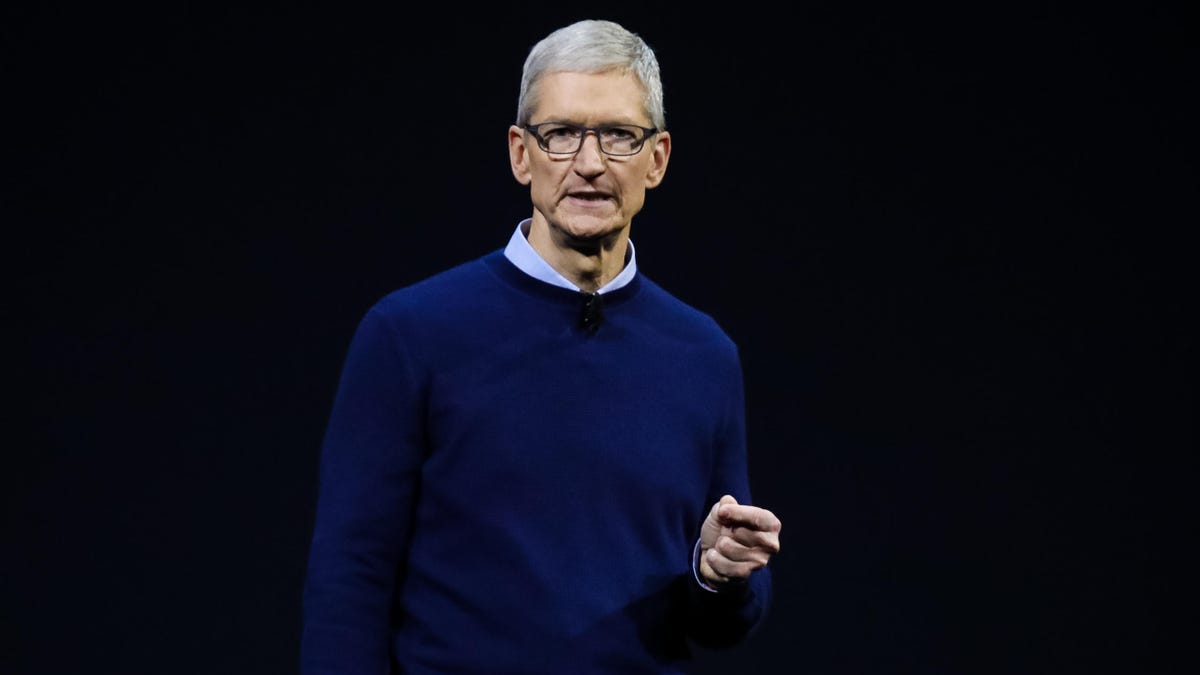Apple followed Chinese law in pulling VPN apps, Cook says
Apple's CEO expresses hope for loosened regulations governing VPN apps in China.

Apple CEO Tim Cook says Apple had no choice but to comply with local regulations in pulling VPN apps from its China App Store.
A tighter crackdown on VPN apps in China forced Apple to remove the software from its China App Store over the weekend, CEO Tim Cook said Tuesday during the company's earnings call with analysts.
On Saturday, Apple began informing creators of such apps that their VPN apps had been removed because they included "content that is illegal in China, which is not in compliance with the App Store Review Guidelines."
Apple said in a statement to the media that the country's Ministry of Industry and Information Technology earlier this year had "announced that all developers offering VPNs must obtain a license from the government."
In comments that provide more perspective, Cook said Tuesday the company had no choice but to comply with the country's regulations and expressed hope that the app removal won't be permanent.
"We would obviously rather not remove the apps, but like we do in other countries we follow the law wherever we do business," Cook said, according to a transcript provided by Apple. "We believe in engaging with governments even when we disagree.
"This particular case, we're hopeful that over time the restrictions we're seeing are loosened, because innovation really requires freedom to collaborate and communicate," he said.
For months, China has been cracking down on virtual private networks, which enable people to get around the country's infamous internet filter dubbed the Great Firewall.
Using VPNs is one of the ways that people inside China are able to access news and social media sites -- such as The New York Times, Twitter and Facebook -- that have been banned by the government. Last month, China reportedly ordered three state-run wireless carriers to block people from accessing VPNs by Feb. 1.
Intolerance on the Internet: Online abuse is as old as the internet and it's only getting worse. It exacts a very real toll.
The Smartest Stuff: Innovators are thinking up new ways to make you, and the things around you, smarter. Here's what they're up to.

